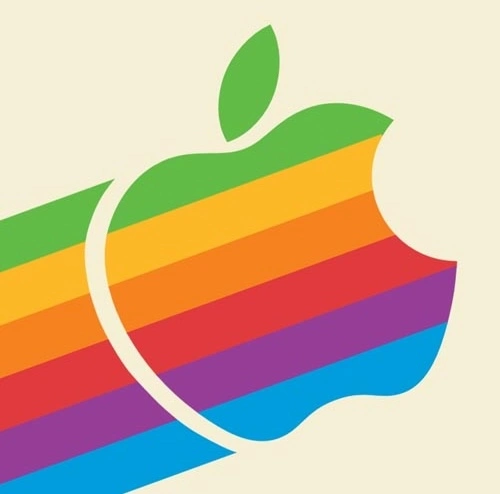

I wish it was more widely known by the average person that coal ash is radioactive and contains heavy metals like lead and arsenic due to concentration of elements that were found in trace amounts in the coal and remain once the coal is burnt. It’s horrible how poorly coal ash was handled (or purposefully used in construction) in the past and how contamination events still happen with little meaningful consequence to energy companies.










I agree that polling has been off the last several cycles because it skews older and with that in mind I am asking out of sincere interest - what leads you to expect record turnout in the under-30 demographic?